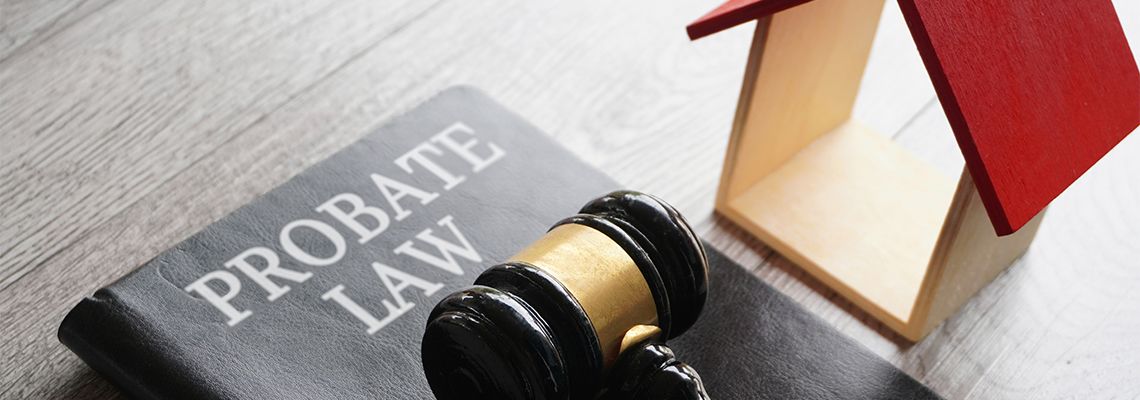Estate administration becomes difficult when co-trustees disagree on important decisions, and these conflicts can affect the management of estates. For those involved, disagreements between co-trustees often feel personal as well as financial.
Blog
Why Blended Families Require Extra Caution in Estate Planning
Blended families are increasingly common today, but they can bring unique challenges when it comes to protecting loved ones. With stepchildren, former spouses, and extended family ties in the mix, dividing assets fairly can quickly become complicated.
Common Mistakes to Avoid When Creating a Medicaid Trust
As individuals grow older and begin to consider long-term care needs, one legal tool often used in planning is a Medicaid trust. These trusts can help protect assets while still allowing individuals to qualify for long-term care benefits through Medicaid.
How to Prepare for Probate Mediation
Probate mediation is a voluntary process used to address disputes that arise during the administration of an estate. With the help of a neutral mediator, parties work together to resolve disagreements without going to court. This approach can save time, reduce expenses, and help avoid prolonged litigation.
Understanding the Eligibility Requirements for Medicaid Trusts
Planning for long-term care often requires a careful legal strategy. One tool many families consider is a Medicaid trust, which can help protect assets while allowing a person to qualify for Medicaid.
What Are Your Rights in Probate Litigation?
Probate litigation can arise when disputes occur during the administration of a deceased person’s estate. These disputes often involve family members, heirs, or beneficiaries who question the validity of a will, how the estate is handled, or how assets are distributed. In Texas, probate law grants specific rights to those with a legal interest in the estate.
What Happens During the Probate Process?
When someone passes away in Texas, their estate often goes through a legal procedure called probate. This process involves validating the will, paying debts and taxes, and distributing remaining assets to heirs or beneficiaries. While probate is a routine procedure, it follows specific steps under Texas law.
How to Prepare for a Will Contest
Estate planning can often be an emotional and complicated process, and one of the most challenging aspects of this process is making sure that your final wishes are honored after your passing.
Common Issues That Lead to Trust Litigation
Trusts are powerful tools in estate planning, offering benefits like asset protection, tax advantages, and structured wealth transfer. However, when disputes arise among beneficiaries, trustees, or other interested parties, trust litigation can become a complicated and emotionally charged process.
How to Prepare for Probate Litigation
Probate litigation can arise when disputes occur over the distribution of an estate, the validity of a will, or the actions of an executor or trustee. In Texas, probate law governs these disputes, and understanding the legal process is essential when preparing for a contested estate case.









